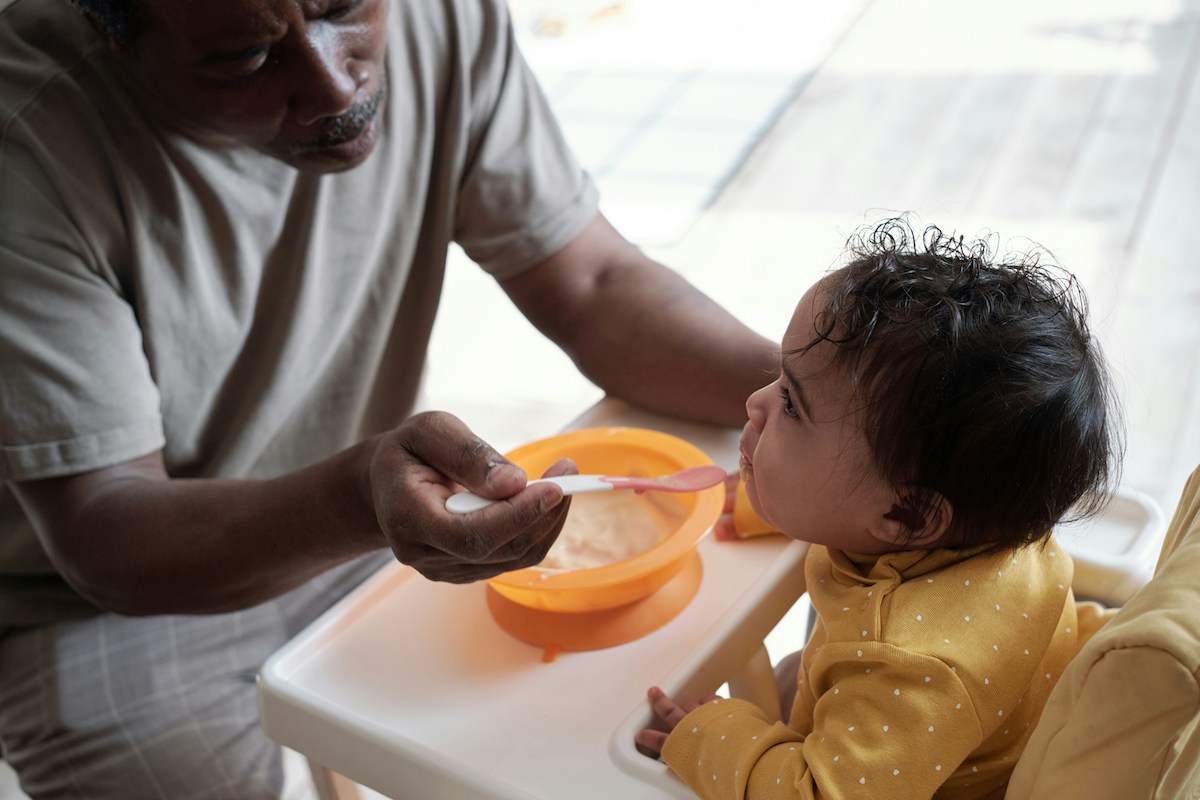I’m terrified of my baby choking. She just turned 1 year old, and we’ve been doing a mix of purées and baby-led weaning, but lately she’s been refusing anything she can’t pick up and feed herself with. She has a few front teeth, which allow her to literally bite off more than she can chew. So far we’ve been lucky, but there have been some scary moments. I keep seeing ads for the DeChoker and LifeVac and wonder if we should get one just in case. They seem like a good idea, but I can’t find much info about how safe they are, let alone which one might be best.
—Worried in Portland
First, I will say this is a very common fear. It is especially common in this age range, when kids start being excited about feeding themselves. It is so great and fun! But babies also gag a lot — you’ll see them take a bite and start to spit it out — which can seem like choking. They can also choke, though it’s significantly less frequent. Biting off a piece that is too large may well cause a child to gag when they are unable to swallow it, but that’s quite different from it getting caught in their windpipe.

I’m going to give you some data, but the first resource I would point you to is the website Solid Starts. For one thing, it has an excellent explainer on gagging versus choking. But it’s also got extremely helpful resources about how to prepare different foods for different ages. Your child is a little bit out of the initial phases here, but I suspect you’ll find some helpful information.
If we look at the data, the vast majority of choking is caused by a relatively small number of foods. A 2013 paper in the journal Pediatrics looks at pediatric emergency room visits for non-fatal choking on food and asks which foods were responsible. The largest culprit food is candy: hard candy accounts for 15% of cases with a known cause, and other candy is another 13%. Next up is meat (not hot dogs) and bone.
There are some notable variations by age. Fruits and vegetables (grapes?) account for a larger share of choking for children 0 to 4, whereas meat and bone are more significant causes for older kids.
If you are anxious about this, avoiding whole grapes and nuts and cutting up hot dogs is a good thought.
As for getting a DeChoker or LifeVac, technologies like this work in principle, and there is some evidence of successful use in nursing home scenarios. Just thinking about the numbers, the chance that it is helpful, however, is incredibly small. Choking is really rare, especially if you are thoughtful about food, and the combination of a choking event and having this product readily available may be even smaller. Moreover, most parents are not going to be able to use it successfully, and the false sense of security could lead to delayed medical care. Bottom line is that this isn’t a good idea.
Community Guidelines
















Log in